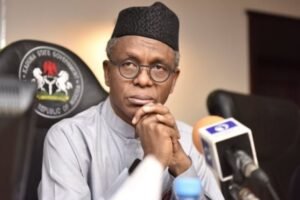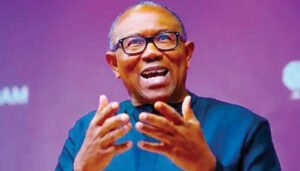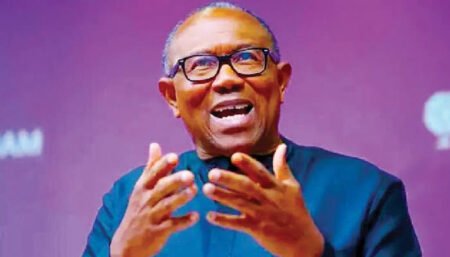Nigeria’s telecom companies have maintained Unstructured Supplementary Service Data services operational as banks make substantial progress towards clearing outstanding debts, avoiding a potential disruption that might have affected millions of consumers.
The banks, which were facing disconnection due to a N160 billion debt, have made significant headway in resolving their liabilities, assuring continuous access to the USSD platform—critical for consumers without internet access.
In a notification dated January 15, 2024, the Nigerian Communications Commission (NCC) warned that nine banks would be shut off from USSD services by January 27 if they failed to pay arrears collected since 2019. However, the banks responded rapidly to rectify the issue, preventing service delays.
Gbenga Adebayo, Chairman of the Association of Licensed Telecommunications Operators of Nigeria, announced during a CEO event in Lagos that the situation had been de-escalated.
“The matter has been de-escalated. Money has been paid, and we are making progress thanks to the regulators,” he said.
The nine banks that would have been affected by the NCC’s disconnection notice include Fidelity Bank Plc, First City Monument Bank, Jaiz Bank Plc, Polaris Bank Limited, Sterling Bank Limited, United Bank for Africa Plc, Unity Bank Plc, Wema Bank Plc, and Zenith Bank Plc.
The dispute started in 2019 when banks were charged for using USSD services by telecom companies.
However, many banks struggled to settle the charges, causing the debt to accumulate. This enforcement is part of the first phase of a structured payment plan outlined in a December 20, 2024 memo from the NCC and the Central Bank of Nigeria.
The memo outlines a three-phase payment obligation for banks to settle the N250 billion debt, with specific deadlines.
The second phase requires full payment for all pre-API invoices by July 2, 2025. Finally, the third step mandates banks to settle 85% of post-API invoices by December 31, 2025.










